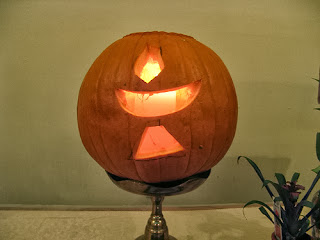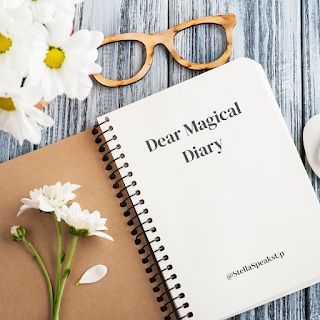The Flaming Chalice: Unitarian Universalism and Paganism
Spirituality can be a tricky thing to describe.
If anyone asks me about my church during small talk, it is very simple. I go to a Unitarian Universalist church; Unitarian Universalism has a long and interesting history, but as it is now, UU has no creed. It is all about seeking your own spiritual truth in a supportive church setting. It is a liberal faith, and social justice work is a big part of what my church does. I help out with the kiddos Sunday mornings, I go to Sunday service, I am part of a covenant group, and I go to their monthly pagan meetings. The UU symbol is the flaming chalice, from which I get my online name. Our pagan group does public rituals on the eight neopagan holidays in the church hospitality room or on the grounds. We volunteered to weed the garden after church on Sundays this summer. The people in the pagan group are or have been youth group leaders, church board members, choir directors and members, and more. We are totally accepted there. Everyone is welcome at UU churches - we have an atheist discussion group at mine, for example. Our Standing on the Side of Love campaign is all about love conquering oppression, and deals with issues like LGBT rights and immigration reform.
When it comes to my personal beliefs, I am a pagan and a witch. Not all pagans are witches, and not all witches are pagans, but I identify as both. There are many ways to be pagan, and defining paganism is problematic at times because pagans are incredibly diverse in thought and practice. I can't speak for all pagans. For myself, I believe that the universe is sacred. I believe that nature is holy. I believe that all beings are part of an intricate web, and I call that interconnection holy. I believe that the true nature of the divine is currently unknowable, but that the many gods and goddesses that have been worshiped on earth all have lessons to teach us either directly through ritual or indirectly through mythology and inspiration. I believe that magic works, I do magic, and I call it witchcraft.
So, if you take my Unitarian Universalism and my paganism together, you can see that I believe that there are many paths to spirituality, including non-religious, secular paths. In my view, all religions and non-religious traditions have lessons for humanity. That is why I created Cross Quarterly; I want to make a space for people to share those beliefs and invite dialogue.
Those are my beliefs. However, I think that what someone believes isn't as important as what they do with those beliefs. I will write more about what this Unitarian Universalist witch actually does.
If anyone asks me about my church during small talk, it is very simple. I go to a Unitarian Universalist church; Unitarian Universalism has a long and interesting history, but as it is now, UU has no creed. It is all about seeking your own spiritual truth in a supportive church setting. It is a liberal faith, and social justice work is a big part of what my church does. I help out with the kiddos Sunday mornings, I go to Sunday service, I am part of a covenant group, and I go to their monthly pagan meetings. The UU symbol is the flaming chalice, from which I get my online name. Our pagan group does public rituals on the eight neopagan holidays in the church hospitality room or on the grounds. We volunteered to weed the garden after church on Sundays this summer. The people in the pagan group are or have been youth group leaders, church board members, choir directors and members, and more. We are totally accepted there. Everyone is welcome at UU churches - we have an atheist discussion group at mine, for example. Our Standing on the Side of Love campaign is all about love conquering oppression, and deals with issues like LGBT rights and immigration reform.
 |
| Image by NatalieMaynor via flickr. Creative Commons license. |
When it comes to my personal beliefs, I am a pagan and a witch. Not all pagans are witches, and not all witches are pagans, but I identify as both. There are many ways to be pagan, and defining paganism is problematic at times because pagans are incredibly diverse in thought and practice. I can't speak for all pagans. For myself, I believe that the universe is sacred. I believe that nature is holy. I believe that all beings are part of an intricate web, and I call that interconnection holy. I believe that the true nature of the divine is currently unknowable, but that the many gods and goddesses that have been worshiped on earth all have lessons to teach us either directly through ritual or indirectly through mythology and inspiration. I believe that magic works, I do magic, and I call it witchcraft.
So, if you take my Unitarian Universalism and my paganism together, you can see that I believe that there are many paths to spirituality, including non-religious, secular paths. In my view, all religions and non-religious traditions have lessons for humanity. That is why I created Cross Quarterly; I want to make a space for people to share those beliefs and invite dialogue.
Those are my beliefs. However, I think that what someone believes isn't as important as what they do with those beliefs. I will write more about what this Unitarian Universalist witch actually does.

Comments
Post a Comment